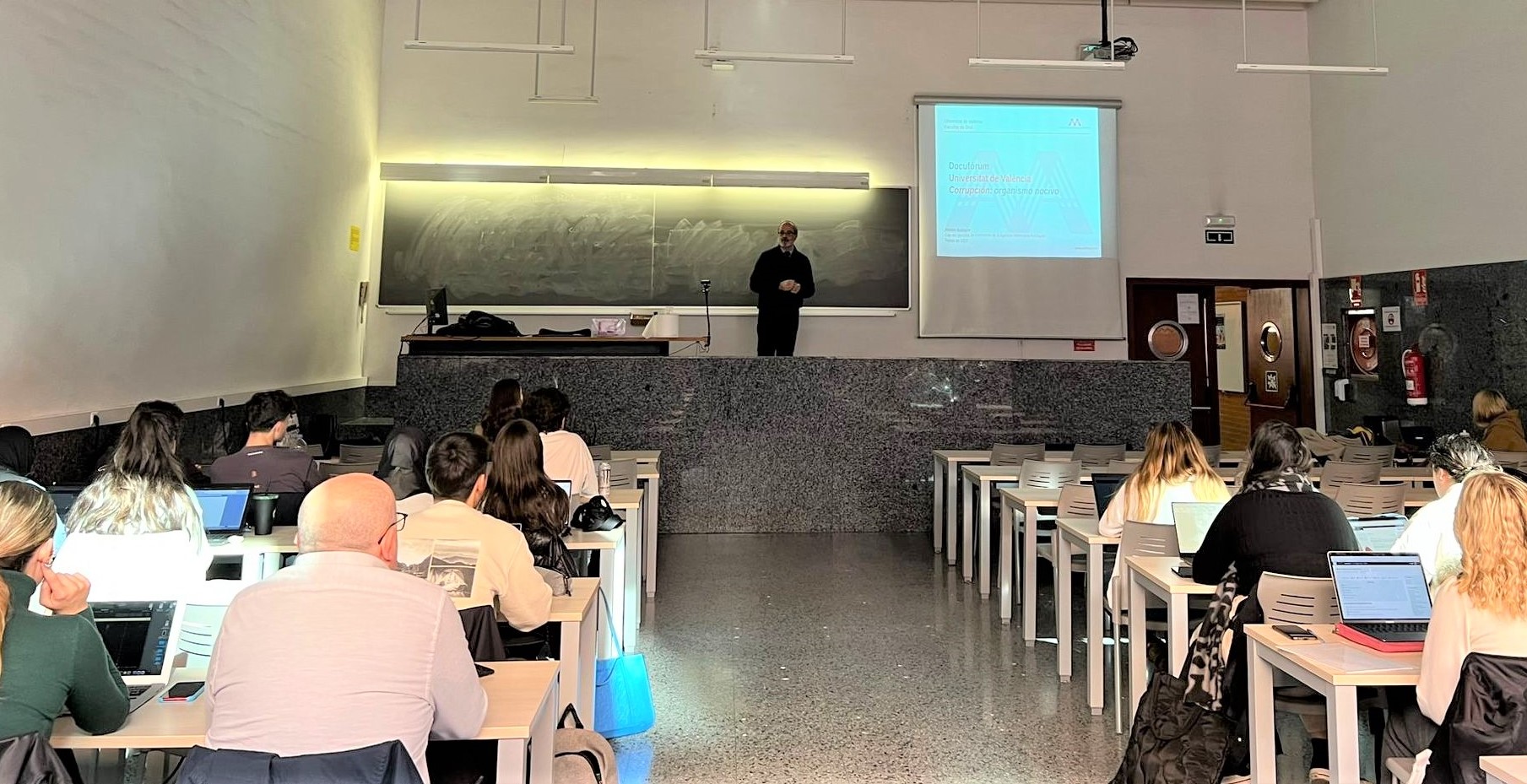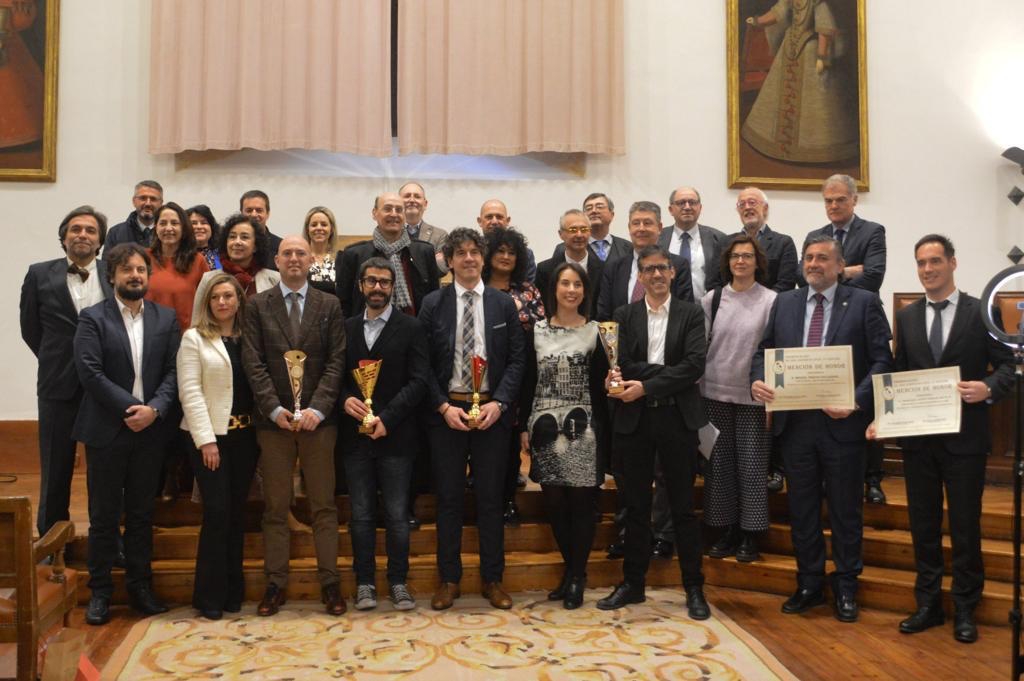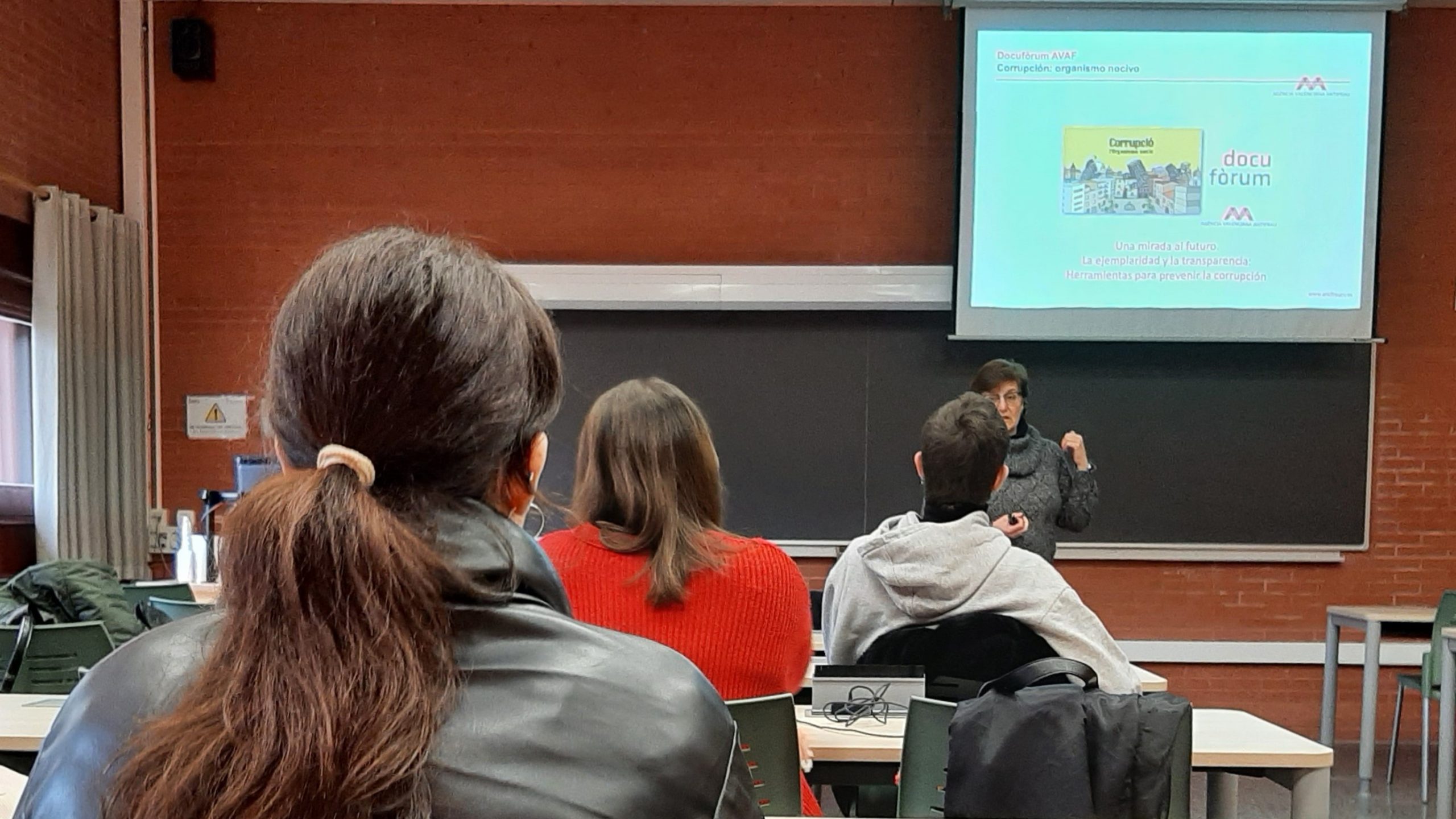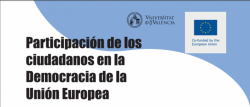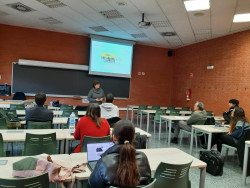#TrainingAVAF
The #DocufòrumAVAF learning experience, created by the Valencian Anti-Fraud Agency for the debate on corruption in the classrooms of the Valencian Community, is one of the most demanded training activities of the AVAF.
In the 2022-2023 academic year, the Faculty of Law of the University of Valencia has included the AVAF University Docufòrum activity in the Center Innovation Project (PIC).
The #DocufòrumAVAF is an activity aimed at promoting the social culture of civic ethics, public integrity, fraud prevention and rejection of corruption among students of all University degrees.
This week the AVAF Training Service carried out three #DocufòrumAVAF in the Law degree and the double Degree in Law and Political Science at the Faculty of Law of the University of Valencia.
On Tuesday, February 7, with 58 students of the Criminal Law I subject, with the collaboration of Professor Cristina Guisasola Lerma. And on Wednesday, February 8, with the students made up of 35 people from the second year of the double Degree in Law and Political Science, with the collaboration of the teaching staff: Mireia Molina Sánchez, professor of Administrative Law I, and Diego González Cadenas, professor of Constitutional Law II. Anselm Bodoque Arribas, head of the AVAF Training service, was responsible for energizing the sessions with the students.
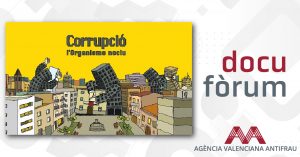 After watching the documentary “Corruption: Harmful Organism”, the students ask questions, which in this case focused on the origin and causes of corruption, the social impact and collective costs it entails, the perception of corruption in our society and in other neighboring countries.
After watching the documentary “Corruption: Harmful Organism”, the students ask questions, which in this case focused on the origin and causes of corruption, the social impact and collective costs it entails, the perception of corruption in our society and in other neighboring countries.
Subsequently, the AVAF representative discusses with the students the issues raised in their questions and others related to the need for greater public ethics and integrity, as well as prevention and civic training policies or the functions of the Valencian Anti-Fraud Agency and public policies to fight corruption.
The students especially insisted on the consequences and social costs of corruption, on corruption in local institutions, on the non-existence of a state agency, and on strategies to combat fraud and corruption.
The activity has been organized in collaboration with the University of Valencia, which we thank for its interest and willingness to help create a culture of public integrity and rejection of fraud and corruption.
If you are a university, secondary or baccalaureate teacher and you are interested in having the training activity #DocufòrumAVAF “Corruption: harmful organism” carried out in your subject, do not hesitate to contact the Training Service of the Valencian Anti-Fraud Agency through from training@antifraucv.es.


